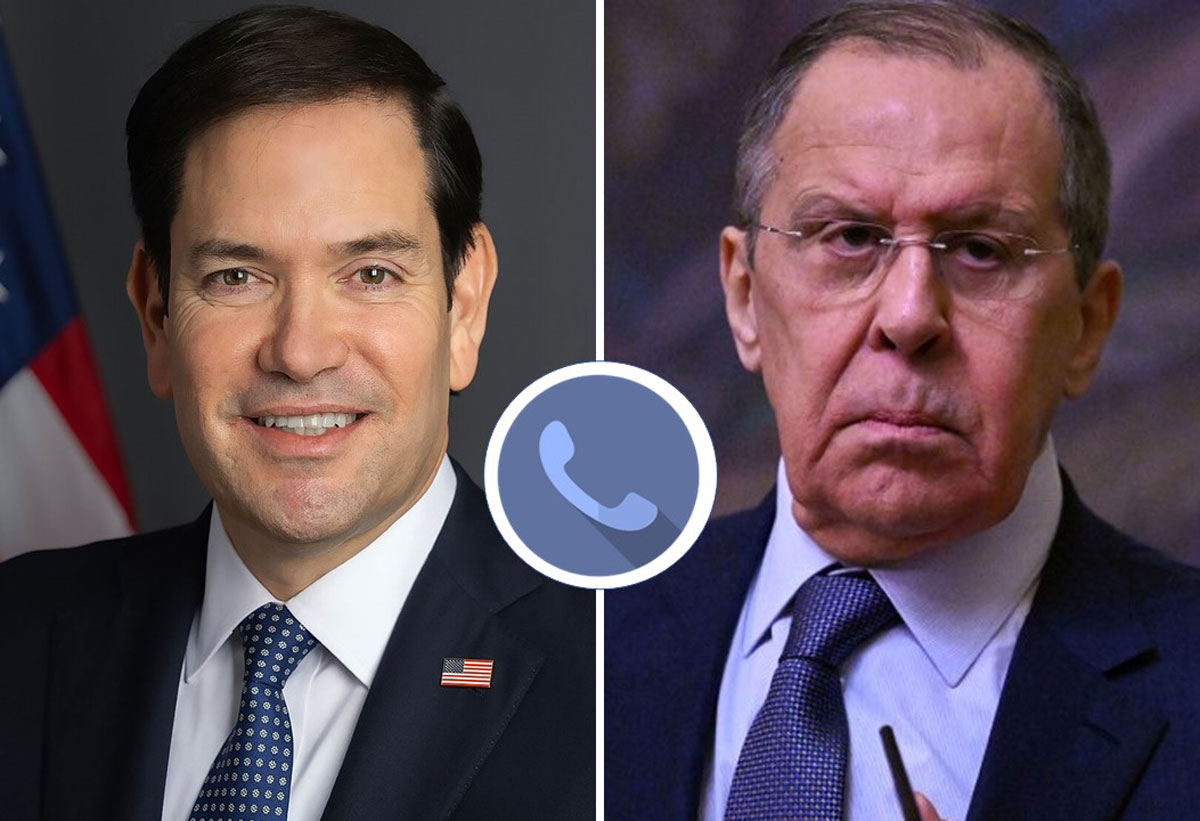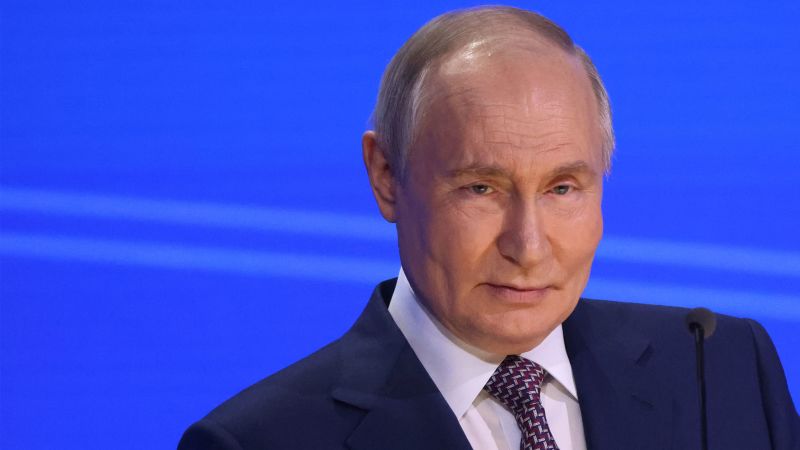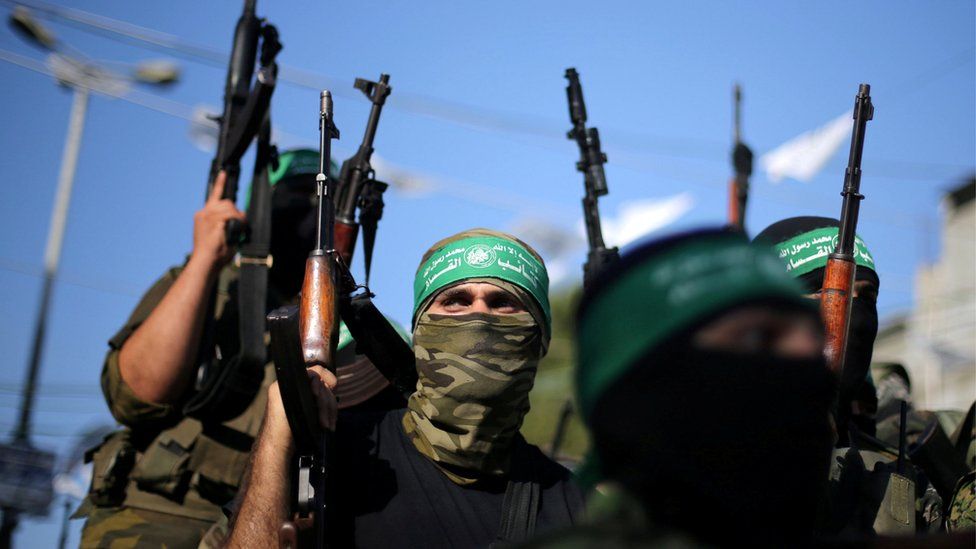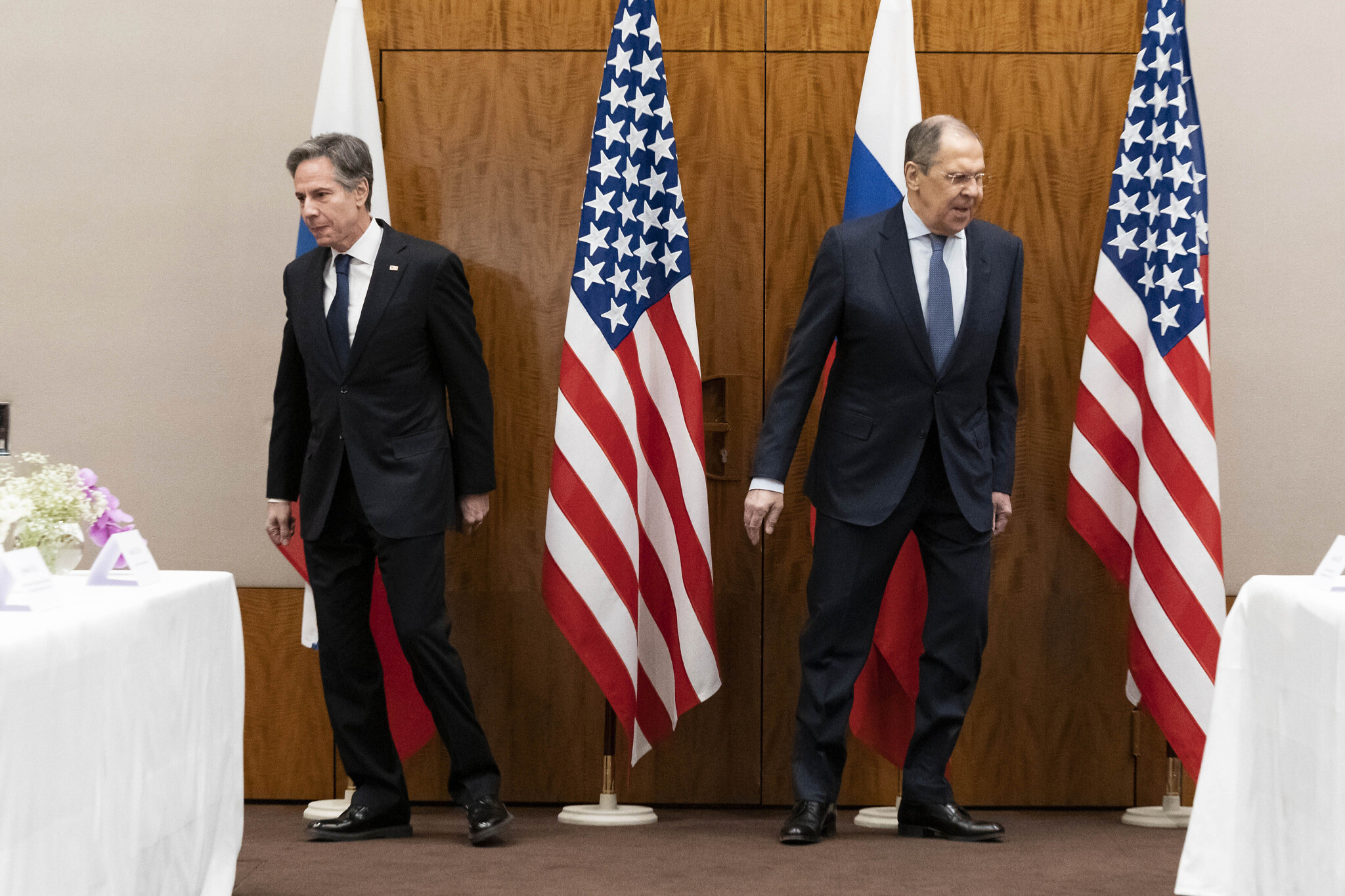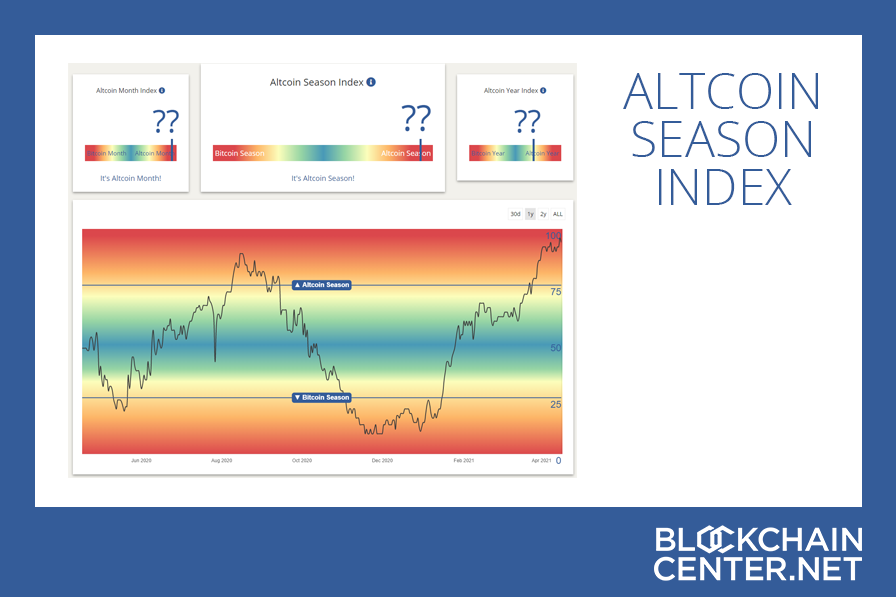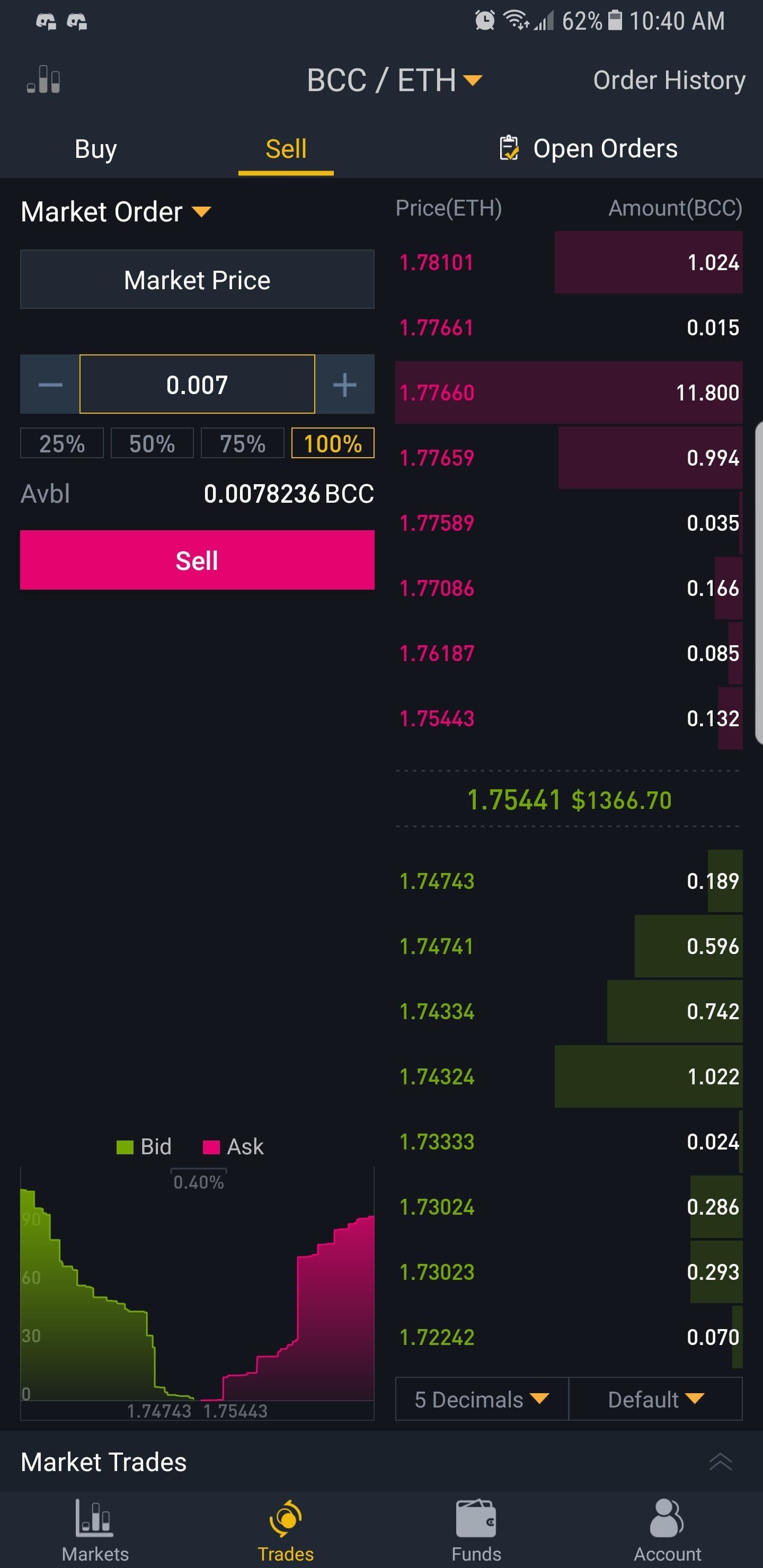Okay, folks, let’s cut through the noise. We just got word that Russian Foreign Minister Lavrov and US Secretary of State Rubio had a phone call – initiated, mind you, by the Americans. That alone is noteworthy, given the current climate. They talked about continuing contact, a tiny crack in the ice that’s been forming for months.
Lavrov, never one to miss an opportunity, highlighted Ukraine’s apparent acceptance of Russia’s proposal to revive Istanbul peace talks, and gave the US a nod for its ‘positive role’ in this. Color me skeptical, but it’s a development. Russia is signaling willingness to work with the US on Ukraine.
Rubio, predictably, welcomed the agreed-upon prisoner swap and the potential for a ceasefire – a sentiment anyone with a basic understanding of human decency would share, frankly. He reaffirmed US commitment to assisting in a resolution.
They also spoke about other international and regional issues, which, let’s be honest, is diplomatic speak for ‘a lot of other stuff we don’t need to get into right now.’
Now, let’s unpack this a little. Understanding the Istanbul Process:
The Istanbul process began in March 2022, representing one of the most concrete attempts at direct talks between Ukraine and Russia early in the conflict. It was spurred by Turkish mediation.
These initial talks focused on potential security guarantees for Ukraine, and Russian demands for demilitarization and ‘denazification’ – a term widely rejected internationally.
While those talks stalled, the core elements remain on the table. Any revival hinges on complex negotiations around territorial concessions and Ukraine’s future security alignment.
Successfully restarting this process will require significant compromise from both sides. The US’s involvement is key, not just to encourage Ukraine, but to manage Russian expectations.
Ultimately this phone call doesn’t guarantee anything. It’s a fragile signal, easily broken. But in a world desperately lacking good news, it’s something, isn’t it?
